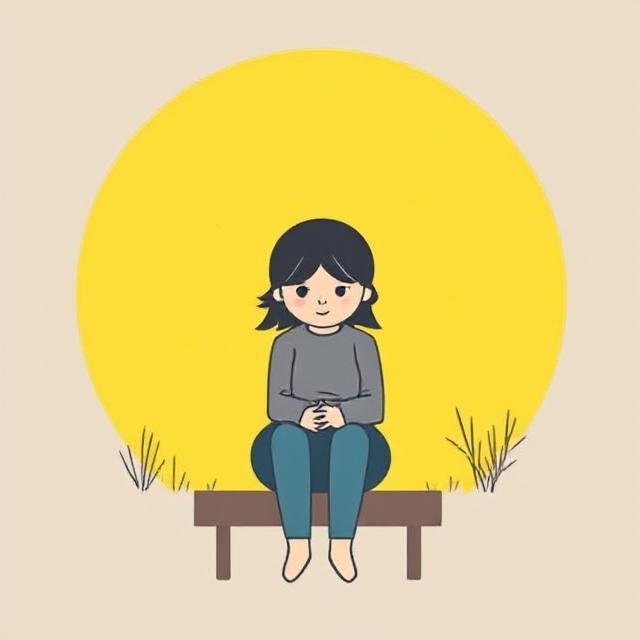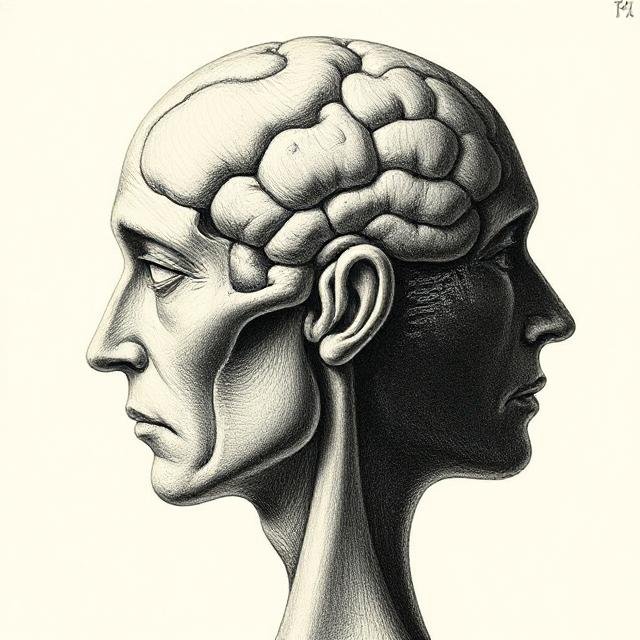Why People Hesitate to See a Therapist
Even today, stigma, fear, and misconceptions keep many people from seeking therapy.
- “My problems aren’t serious enough.”
- “Therapy is only for people who can’t cope.”
- “It’s too expensive.”
- “I should handle things myself.”
These beliefs can delay care until symptoms become severe. But the truth is, therapy is a powerful tool not just for crisis—but for growth, clarity, and prevention.
Signs It Might Be Time for Therapy
Therapy isn’t only for those diagnosed with mental illness. It’s for anyone who wants support navigating life’s challenges. Here’s how to know it may be time to seek help.
Emotional Warning Signs
- Persistent sadness or hopelessness
- Excessive worry, panic, or fear
- Feeling “numb” or disconnected from life
- Irritability or frequent mood swings
- Overwhelming guilt or shame
Stat: As of 2024, over 40% of U.S. adults report symptoms of anxiety or depression—a significant increase over pre-pandemic rates (CDC, 2024).
Behavioral Changes
- Withdrawing from friends or activities you enjoy
- Difficulty concentrating at work or school
- Increased use of alcohol, drugs, or risky behaviors
- Trouble maintaining daily responsibilities
Physical Symptoms
Mental health struggles can show up physically:
- Fatigue or insomnia
- Unexplained headaches or body pains
- Changes in appetite or weight
- Racing heart, dizziness, or stomach issues without a medical cause
Impact on Daily Life
If emotional or behavioral symptoms:
- Interfere with your relationships
- Affect your performance at work or school
- Disrupt your daily routine
…it’s time to consider professional help.
Important: Seek immediate help if you’re having thoughts of harming yourself or others. Call 911 in the U.S., or reach out to the Suicide and Crisis Lifeline by dialing 988.
Why Early Intervention Matters
Waiting until you’re “falling apart” makes treatment harder. Early therapy helps:
✅ Prevent issues from escalating
✅ Build coping skills before crisis hits
✅ Reduce the time needed in treatment
✅ Improve overall life satisfaction
Research Insight: Early intervention for mental health reduces the risk of chronic illness, lost productivity, and healthcare costs (NIMH, 2024).
What Therapy Can Help With
Therapy is effective for:
- Anxiety disorders
- Depression
- Trauma and PTSD
- Grief and loss
- Relationship conflicts
- Stress management
- Life transitions
- Self-esteem and personal growth
A review found that 75–80% of people improve significantly with therapy (APA, 2024).
How to Find a Therapist
Finding the right therapist can feel overwhelming—but it doesn’t have to be.
✅ Check credentials: Look for licensed professionals (e.g. LMFT, LPC, LCSW, Psychologists, Psychiatrists).
✅ Ask about specialties: Seek someone experienced in your areas of concern.
✅ Consider logistics: Cost, insurance coverage, in-person vs. online.
✅ Trust your gut: A good therapeutic relationship feels safe, non-judgmental, and collaborative.
Explore reputable directories like:













